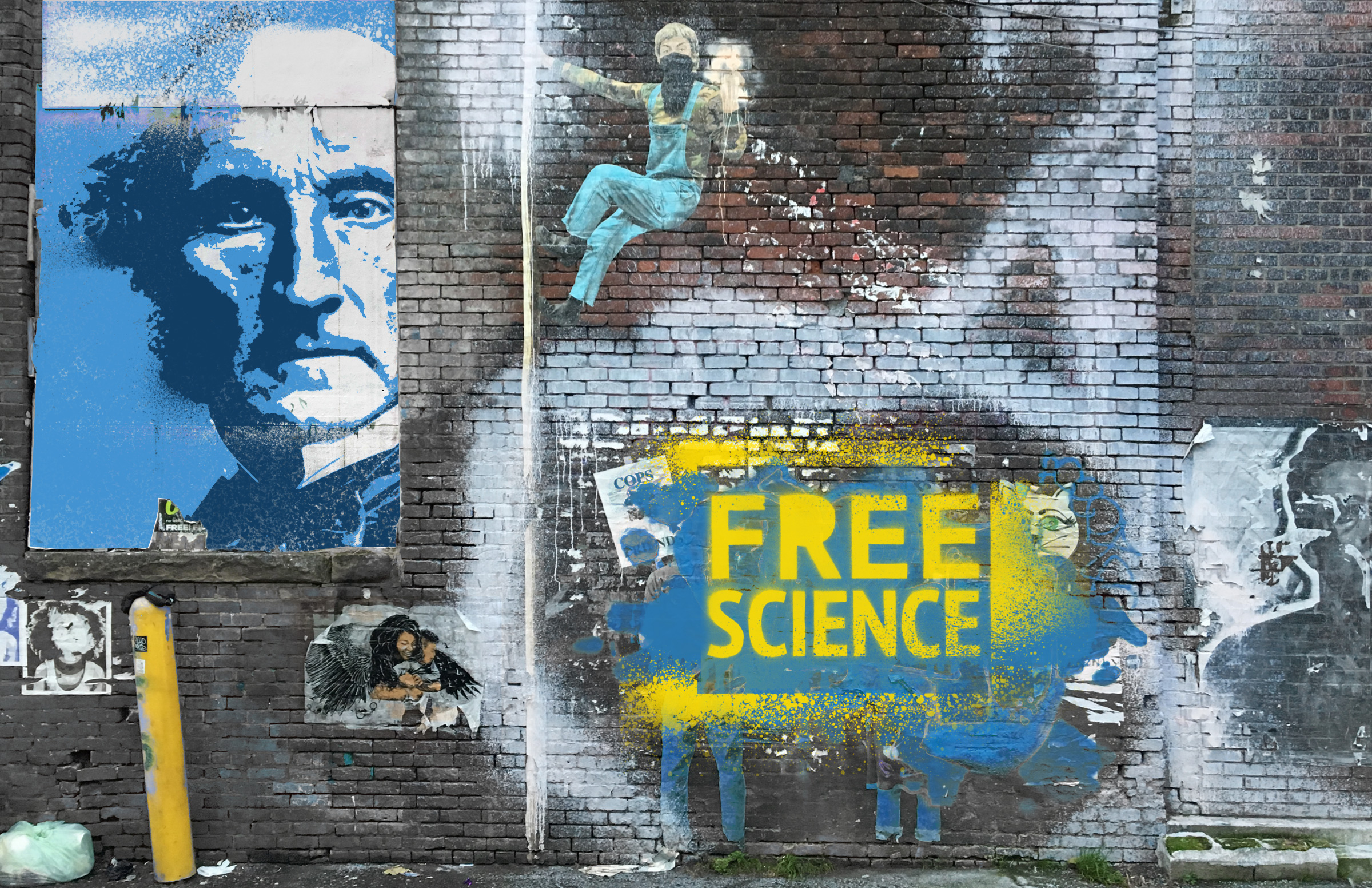Discovery Institute’s Science Education Policy



Because the University is committed to free and open inquiry in all matters, it guarantees all members of the University community the broadest possible latitude to speak, write, listen, challenge, and learn. Except insofar as limitations on that freedom are necessary to the functioning of the University, the University fully respects and supports the freedom of all members of the University community “to discuss any problem that presents itself.”
In 2000, my coauthors and I published an article proposing that public schools would violate no constitutional prohibition (and would improve science education) by permitting biology teachers to ―teach the controversy‖ concerning biological evolution.1 This proposal generated substantial academic commentary.2 As this article details, members of the United States Congress and education officials in a few states have expressed some support for the idea. However, most academic commentators have accused the authors of substituting a renamed but substantially equivalent form of ― creationism in an attempt to circumvent existing law. Others have accused the proponents of hijacking perfectly respectable concepts—like academic freedom or viewpoint neutrality — for disreputable purposes, such as advancing religion. This article will recount the reaction to the proposal to ― teach the controversy‖ and will respond to the primary arguments raised against it. Read More ›

First Amendment to the United States Constitution Congress shall make no law respecting an establishment of religion, or prohibiting the free exercise thereof; or abridging the freedom of speech, or of the press; or the right of the people peaceably to assemble, and to petition the Government for a redress of grievances.